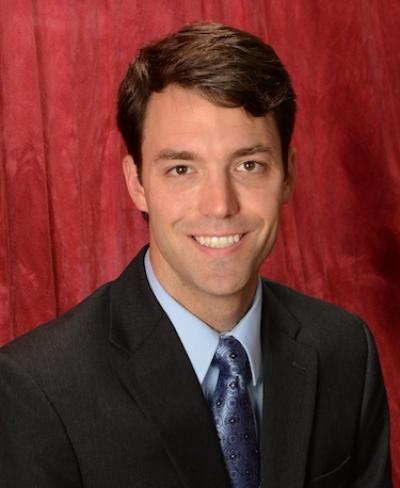CHOP researcher: Knowledge of Google search content could inform family education and support

Credit: Children’s Hospital of Philadelphia
When a child has cancer, what kind of information do parents seek out? Analyzing their online searches to obtain health-related information offers one window into their concerns, and provides insight into how healthcare providers may offer family education and support. Oncology researchers who investigated parents’ online Google searches found that, among other things, parents frequently focus on ways to best support their child and on logistical issues, such as directions to medical centers and appropriate pharmacies.
“There’s been a lot of research into what people say they want to find online, but little is known about the specific, granular details that parents of cancer patients seek out,” said study leader Charles A. Phillips, MD, a pediatric oncologist at Children’s Hospital of Philadelphia (CHOP). “To our knowledge, this is the first study of online Google searches by parents of children with cancer.”
Phillips and colleagues published a pilot study online today in Pediatric Blood and Cancer.
The study team enrolled 21 parents (17 of them mothers) of children diagnosed with cancer at CHOP in the summer of 2017. The parents consented to share their Google search histories from the time of study enrollment during their child’s cancer treatment to a retrospective time point, six months before the child was diagnosed. After enrollment, other members of the research team, who did not know the identities of patients or families, coded searches into categories and further analyzed the findings.
As may have been expected, parents performed health-related searches at over twice the rate performed by the general population–13 percent versus 5 percent of total Google searches. Parents’ Google use peaks at about one month after cancer diagnosis. Eighteen percent of health-related searches (about 1,900 out of 11,000) were cancer-specific, and over half of the cancer-specific searches were for cancer support, such as queries for cancer charities and inspirational quotations.
Among the overall health-related searches, 31 percent were for “symptoms, disease and medical information,” followed closely by 29 percent for “information about hospital/care sites/pharmacy.” Phillips added that healthcare providers, administrators and web designers need to remember the importance of parents’ day-to-day logistical concerns, such as traffic and parking directions, or locating pharmacies that carry pediatric formulations of the medicines prescribed for their child.
Another notable finding, said Phillips, was the uptick in symptom searches in the months before a child was actually diagnosed. That accords with his own experience: “Every time I meet with parents for the first time after a diagnosis, they tell me, ‘I knew that something wasn’t right.'”
Going forward, the study findings could inform family support and education, said Phillips. For example, hospitals might design educational interventions to help parents better navigate the internet for cancer information, and researchers could evaluate such interventions in a randomized trial.
However, he cautioned against overgeneralizing from the current small, single-center study. Next steps in this field would require organizing larger studies, possibly covering a broader variety of cancers, or a larger range of online information sources. He suggested a future paired study to investigate how adolescent patients search for health information, compared to how their parents search.
###
The National Institutes of Health provided funding for this study (grant HD060550). In addition to his CHOP position, Phillips and several co-authors are faculty members of the Perelman School of Medicine at the University of Pennsylvania.
Charles A. Phillips et al, “Health-related Google searches performed by parents of pediatric oncology patients,” Pediatric Blood and Cancer, May 9, 2019. https:/
Children’s Hospital of Philadelphia: Children’s Hospital of Philadelphia was founded in 1855 as the nation’s first pediatric hospital. Through its long-standing commitment to providing exceptional patient care, training new generations of pediatric healthcare professionals, and pioneering major research initiatives, Children’s Hospital has fostered many discoveries that have benefited children worldwide. Its pediatric research program is among the largest in the country. In addition, its unique family-centered care and public service programs have brought the 564-bed hospital recognition as a leading advocate for children and adolescents. For more information, visit http://www.
Media Contact
Amy Burkholder
[email protected]
Related Journal Article
http://dx.




